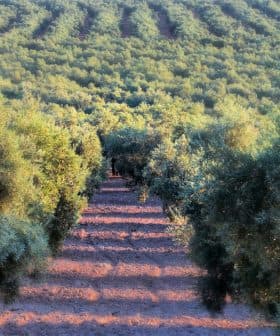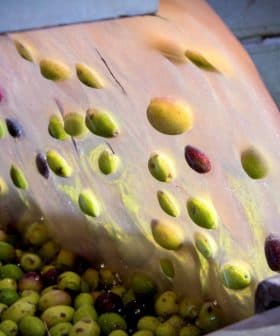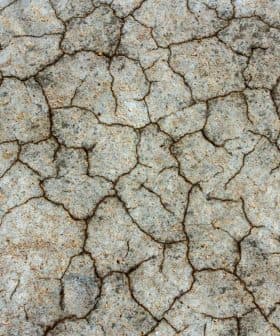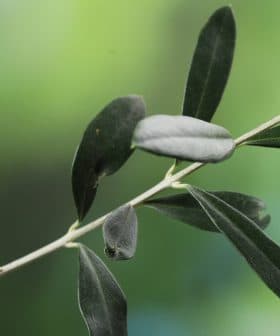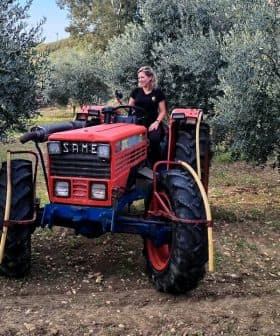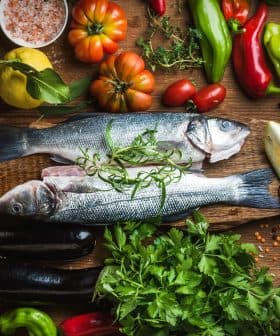Researchers Investigate Olive Powder as Food Ingredient
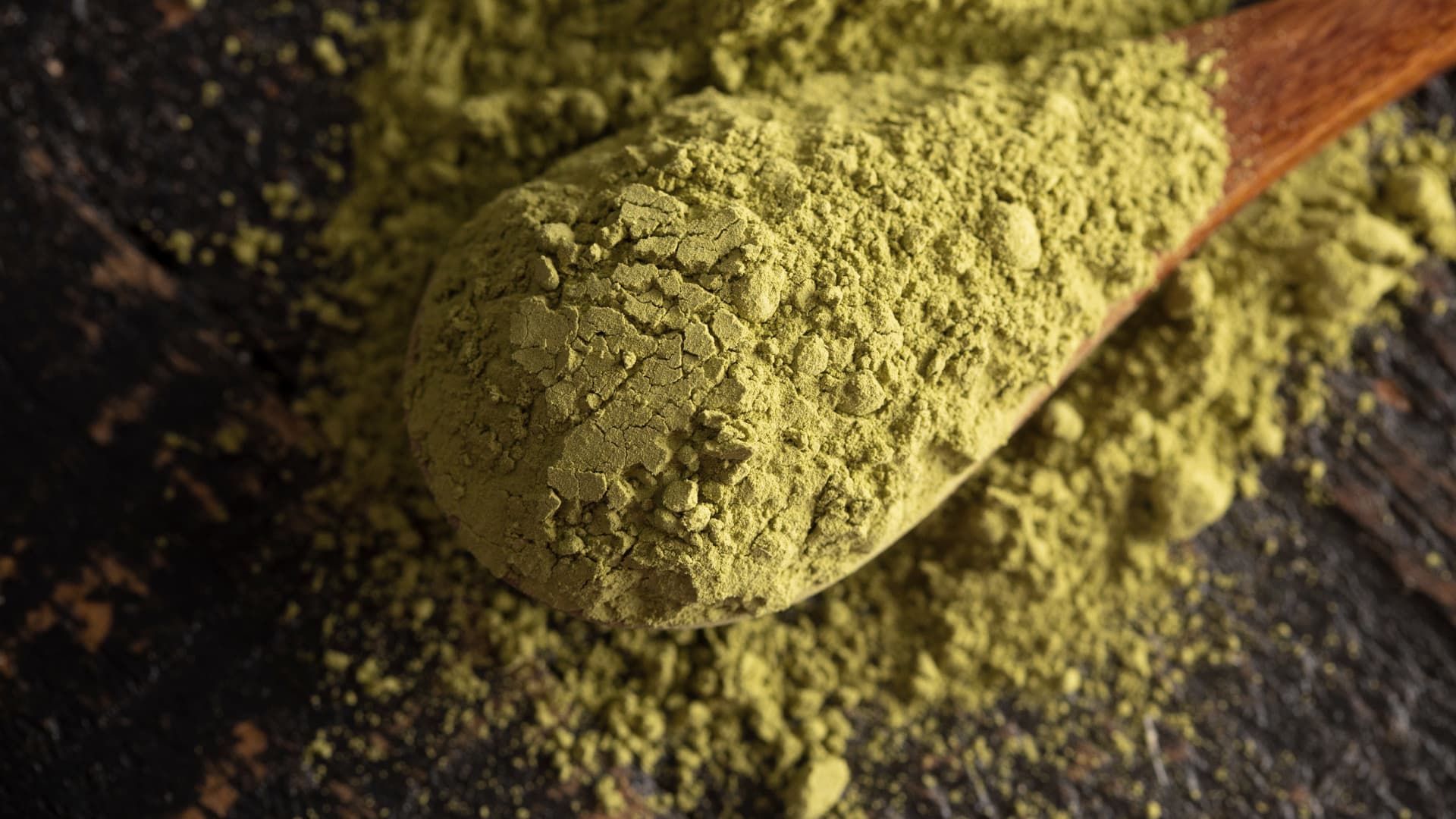
The production of dried olive powder aims to reduce waste in the table olive industry, with freeze-drying showing potential for higher phenolic content. A study explored the use of olive industry discards to create table olive powder with significant nutritional value, finding that freeze-drying preserved phenolic content and antioxidant activity best, while convective drying may be more cost-effective for some industries.
The production of dried olive powder has long been proposed to reduce waste in the table olive industry.
However, drying methods have been associated with poorer nutritional profiles. New research suggests that freeze-drying can yield products with significantly higher phenolic content.
According to the International Olive Council, more than three million kilograms of table olives were produced globally during the 2022/23 crop year, and production levels continue to rise.
See Also:Researchers Transform Olive Grove Waste Into BioplasticAs a result of this production, more than 150,000 kilograms of waste is generated, approximately three to five percent of which comprises olives that fail to meet quality standards due to their size, visual defects or mechanical damage.
Although a great deal of progress has been made in recent years in transforming olive waste into products such as biofuel, building insulation and even supercapacitors, these applications are derived from olive pits.
Despite their high nutritional value, the edible discards are generally disposed of as fertilizer or animal feed.
A new study published in the journal LWT explores the potential of using table olive industry discards as a raw material for creating table olive powder with nutritionally significant levels of substances such as oleic acid, fiber, vitamins and phenolic compounds.
By converting fruit waste into powder, the authors hope to enhance sustainability and reduce waste in the industry.
The researchers studied two types of discards, green pitted olives and anchovy-stuffed olives, provided by a Spanish table olive producer.
The discarded olives underwent convective drying at two different temperatures (50 ºC and 70 ºC) and freeze-drying to produce powder samples. Then, the researchers assessed each drying method’s effects on the powders’ nutritional composition, antioxidant activity and lipid oxidation.
Analyses revealed that all powders retained high levels of fiber, lipids and protein, although their exact composition depended more on the type of raw material than on the drying process.
Anchovy-stuffed olive powders contained higher protein and ash (minerals such as sodium, potassium, iron and calcium) content but lower fiber and lipid levels than pitted olive powders.
The authors also note that these powders required longer drying times due to higher initial moisture content. They added that this prolonged drying process might contribute to subtle differences in the powders’ final composition and physical properties.
See Also:Scientists Develop Gelatinous Extra Virgin Olive Oil in ItalyThe phenolic content, a key measure of bioactive properties, was highest in freeze-dried powders, with values exceeding 2,500 mg GAE/kg (milligrams of gallic acid equivalents per kilogram).
Convective drying, especially at 70 ºC, resulted in significant losses of up to 70 percent of phenolic compounds. This reduction aligns with previous findings that high temperatures degrade many bioactive compounds. Freeze-dried samples also maintained better antioxidant activity, suggesting their potential as a source of natural antioxidants.
Moisture content in all powders was reduced to below 2.54 percent, ensuring long shelf life and resistance to microbial spoilage.
Lipid oxidation, measured using peroxide and thiobarbituric acid indices, was lowest in freeze-dried powders, indicating better stability against rancidity, another key factor in maintaining quality over time.
Anchovy-stuffed powders exhibited higher oxidation levels due to their fish paste content, which contains polyunsaturated fatty acids prone to oxidation. Nevertheless, the overall lipid quality of these powders remained within acceptable limits, suggesting their suitability for use in food formulations.
In addition to nutritional and functional properties, the study noted visible changes in the powders’ appearance depending on the drying method.
Convective drying caused browning, reduced lightness and altered color indices, particularly at higher temperatures. Freeze-dried powders retained a more vibrant and consistent color, which may be more desirable for commercial applications in which sensory qualities are valued alongside nutritional properties.
The study concluded that freeze-drying is the optimal method for producing high-quality olive powder due to its ability to preserve phenolic content, antioxidant capacity and sensory qualities.
However, convective drying remains viable for industries that prioritize cost-effectiveness and shorter processing times.
The researchers hope their work will provide a foundation for scaling production and integrating table olive powder into food formulations such as baked goods, seasonings or health supplements.


